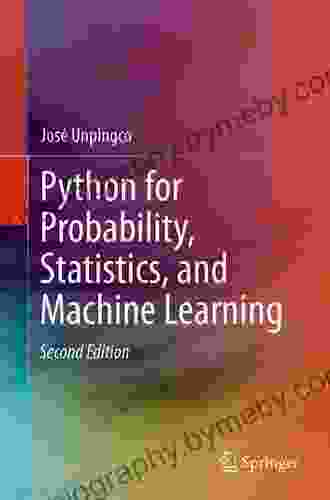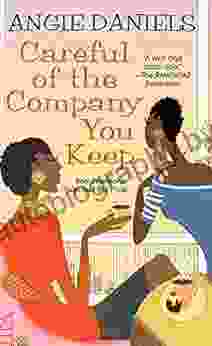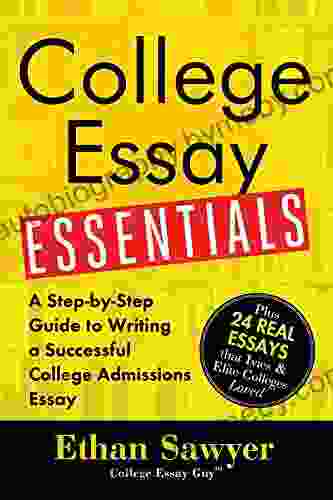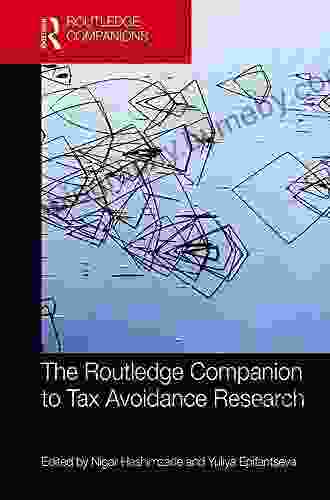When Scientists Give the Right Answers for the Wrong Reasons

Science is often seen as the epitome of rationality and objectivity. But even scientists are human, and they are therefore subject to the same cognitive biases as everyone else. This can lead to scientists giving the right answers for the wrong reasons.
Confirmation bias
One of the most common cognitive biases is confirmation bias. This is the tendency to seek out information that confirms our existing beliefs and to ignore or discount information that contradicts them. This can lead scientists to design experiments that are biased in favor of their hypothesis, and to interpret their results in a way that supports their preconceived notions.
5 out of 5
| Language | : | English |
| File size | : | 388 KB |
| Text-to-Speech | : | Enabled |
| Screen Reader | : | Supported |
| Enhanced typesetting | : | Enabled |
| Word Wise | : | Enabled |
| Print length | : | 256 pages |
For example, a scientist who believes that a certain drug is effective may be more likely to design an experiment that tests this hypothesis in a favorable way. They may use a small sample size, or they may use a comparison group that is not truly comparable. They may also be more likely to interpret their results in a way that supports their hypothesis, even if the data does not actually support it.
Hindsight bias
Hindsight bias is the tendency to believe that we could have predicted an event after it has already happened. This can lead scientists to overestimate the strength of their evidence and to underestimate the role of chance in their findings.
For example, a scientist who has just discovered a new drug may be more likely to believe that they could have predicted its effects before they conducted their experiments. They may also be more likely to underestimate the role of chance in their discovery.
Groupthink
Groupthink is the tendency to conform to the opinions of the group, even if we do not agree with them. This can lead scientists to suppress their own doubts and to go along with the majority opinion, even if they believe it is wrong.
For example, a scientist who is working on a team of researchers may be more likely to agree with the majority opinion, even if they have their own doubts. They may be afraid of being ostracized or criticized if they speak out against the majority.
Publication bias
Publication bias is the tendency for scientists to publish only their positive results and to suppress their negative results. This can lead to a distorted view of the scientific literature, as it overrepresents the studies that support a particular hypothesis and underrepresents the studies that do not.
For example, a scientist who has conducted a study that does not support their hypothesis may be less likely to publish their results. They may be afraid of being criticized or ridiculed, or they may simply not want to waste their time on a study that they believe is not important.
The importance of scientific skepticism
The cognitive biases that scientists are subject to can lead them to give the right answers for the wrong reasons. It is therefore important for scientists to be aware of these biases and to take steps to minimize their effects. One way to do this is to practice scientific skepticism.
Scientific skepticism is the attitude of questioning and critically evaluating all claims, even those that seem to be supported by evidence. It involves being open to new ideas and being willing to change our minds when new evidence is presented. It also involves being aware of our own biases and taking steps to minimize their effects.
By practicing scientific skepticism, scientists can help to ensure that their research is accurate and reliable. They can also help to prevent the spread of misinformation and pseudoscience.
Science is a powerful tool for understanding the world around us. But it is important to remember that even scientists are human, and they are therefore subject to the same cognitive biases as everyone else. This can lead to scientists giving the right answers for the wrong reasons.
It is therefore important for scientists to be aware of these biases and to take steps to minimize their effects. One way to do this is to practice scientific skepticism. By questioning and critically evaluating all claims, even those that seem to be supported by evidence, scientists can help to ensure that their research is accurate and reliable.
When scientists give the right answers for the wrong reasons, it can have serious consequences. It can lead to the spread of misinformation and pseudoscience, and it can undermine public trust in science. It is therefore important for scientists to be aware of the cognitive biases that they are subject to and to take steps to minimize their effects.
By practicing scientific skepticism, scientists can help to ensure that their research is accurate and reliable, and they can help to prevent the spread of misinformation and pseudoscience.
5 out of 5
| Language | : | English |
| File size | : | 388 KB |
| Text-to-Speech | : | Enabled |
| Screen Reader | : | Supported |
| Enhanced typesetting | : | Enabled |
| Word Wise | : | Enabled |
| Print length | : | 256 pages |
Do you want to contribute by writing guest posts on this blog?
Please contact us and send us a resume of previous articles that you have written.
 Book
Book Novel
Novel Page
Page Chapter
Chapter Text
Text Story
Story Genre
Genre Reader
Reader Library
Library Paperback
Paperback E-book
E-book Magazine
Magazine Newspaper
Newspaper Paragraph
Paragraph Sentence
Sentence Bookmark
Bookmark Shelf
Shelf Glossary
Glossary Bibliography
Bibliography Foreword
Foreword Preface
Preface Synopsis
Synopsis Annotation
Annotation Footnote
Footnote Manuscript
Manuscript Scroll
Scroll Codex
Codex Tome
Tome Bestseller
Bestseller Classics
Classics Library card
Library card Narrative
Narrative Biography
Biography Autobiography
Autobiography Memoir
Memoir Reference
Reference Encyclopedia
Encyclopedia Andrew Dobell
Andrew Dobell Anil Kumar
Anil Kumar Amy Saltzman
Amy Saltzman Ann Heinrichs
Ann Heinrichs Angeles Arrien
Angeles Arrien Andrea Falk
Andrea Falk David Sobotta
David Sobotta Amy R Carpenter
Amy R Carpenter Amy Mcculloch
Amy Mcculloch Andrew Goliszek
Andrew Goliszek Matthias Biehl
Matthias Biehl Andy Hopper
Andy Hopper Ananya Roy
Ananya Roy John Hughes
John Hughes Ann C Logue
Ann C Logue Julian Gough
Julian Gough Andrew Forkner
Andrew Forkner Amy Gary
Amy Gary Andrew Meier
Andrew Meier Andrew Shapland
Andrew Shapland
Light bulbAdvertise smarter! Our strategic ad space ensures maximum exposure. Reserve your spot today!

 Efrain PowellEmbark on a Fantastical Journey with Shade Salazar and the Last Magician of...
Efrain PowellEmbark on a Fantastical Journey with Shade Salazar and the Last Magician of... Mark MitchellFollow ·12.2k
Mark MitchellFollow ·12.2k Jules VerneFollow ·15.9k
Jules VerneFollow ·15.9k John SteinbeckFollow ·13.1k
John SteinbeckFollow ·13.1k Donald WardFollow ·19.7k
Donald WardFollow ·19.7k Douglas FosterFollow ·15k
Douglas FosterFollow ·15k Enrique BlairFollow ·11.9k
Enrique BlairFollow ·11.9k Emanuel BellFollow ·13.8k
Emanuel BellFollow ·13.8k Jermaine PowellFollow ·7k
Jermaine PowellFollow ·7k

 Bryce Foster
Bryce FosterCelebrate the Luck of the Irish: Unveiling Saint...
As the verdant hues of spring brush...

 Chase Simmons
Chase SimmonsCody Rodeo: A Photographic Journey into the Heart of the...
Step into the arena of the...

 David Mitchell
David MitchellUnveiling the Enchanting World of Door County Quilts: A...
Step into the Heart of Amish Country in...

 Floyd Powell
Floyd PowellCowboy Chatter: Unraveling the Enigmatic Tales of the Old...
Step into the...
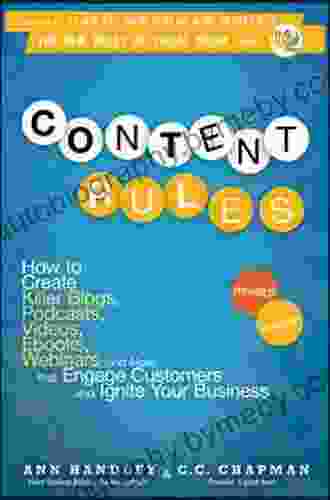
 Ismael Hayes
Ismael HayesUnlock Content Marketing Mastery: How to Create...
In today's digital landscape, content is...
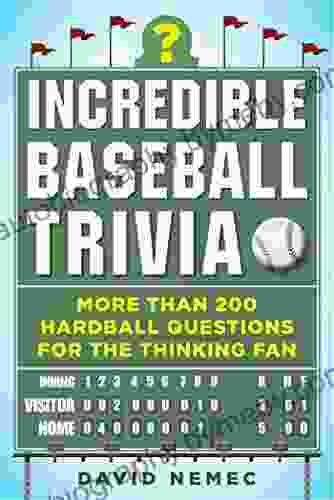
 Boris Pasternak
Boris PasternakMore Than 200 Hardball Questions For The Thinking Fan
The Ultimate Baseball Trivia Challenge Are...
5 out of 5
| Language | : | English |
| File size | : | 388 KB |
| Text-to-Speech | : | Enabled |
| Screen Reader | : | Supported |
| Enhanced typesetting | : | Enabled |
| Word Wise | : | Enabled |
| Print length | : | 256 pages |



